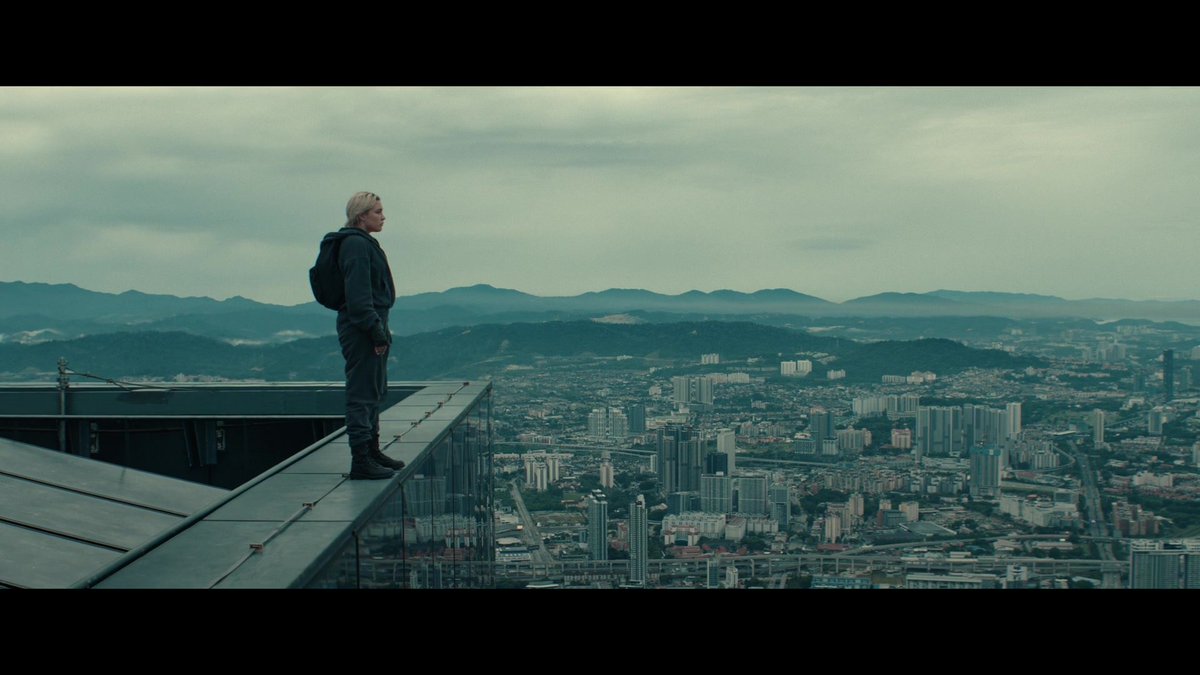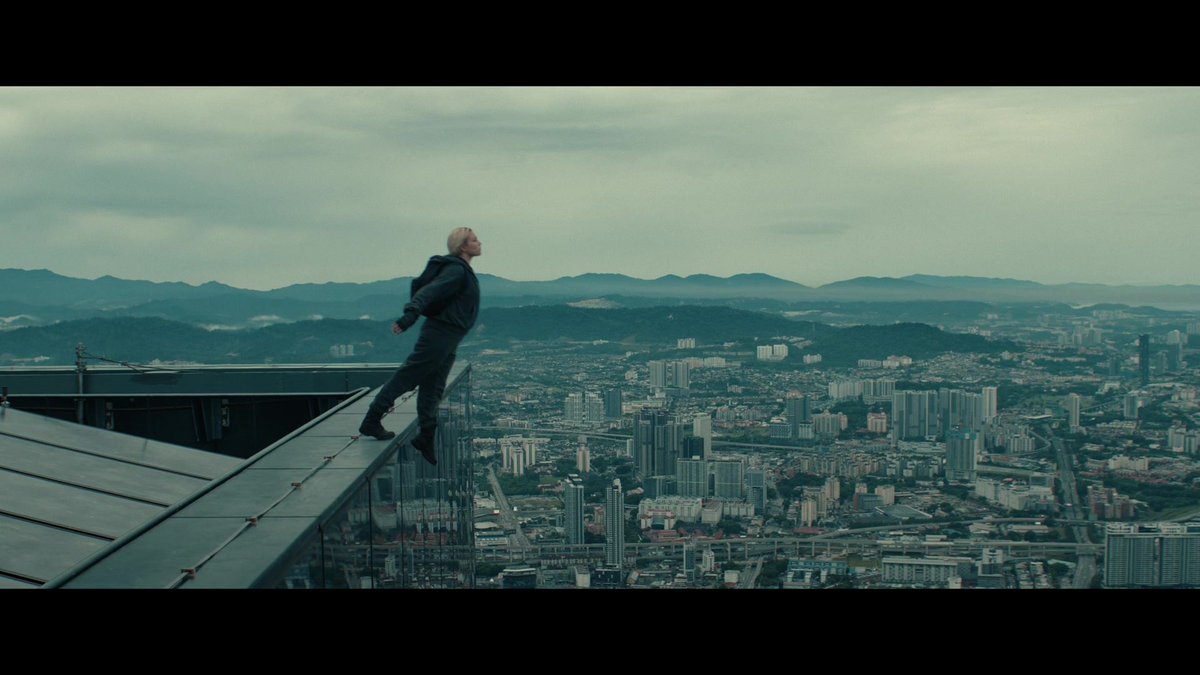Not that he needs me to say it, but @SiddhantAdlakha is a gentleman and a scholar, and one of the finest critics to write about the Marvel Cinematic Universe from a place of knowledge and insight.
Also, it is frankly terrifying that @ign would consider replacing him as a reviewer on #Loki because he gave an opinion on the show that rabid Marvel fans didn’t like.
It’s a potentially chilling critical precedent. “Validate fans’ opinions, or else…!”
It’s a potentially chilling critical precedent. “Validate fans’ opinions, or else…!”
It’s weird how insecure fans get about these things.
There are plenty of my peers and people I respect who hold different opinions than I do.
However, I am secure enough in my opinion to know in my heart that “Demolition Man” is a true masterpiece of American cinema.
There are plenty of my peers and people I respect who hold different opinions than I do.
However, I am secure enough in my opinion to know in my heart that “Demolition Man” is a true masterpiece of American cinema.
Even ignoring its potentially chilling implications for the industry and the profession, what does this whole panic say about fandom?
Fans claim they want the things they love to be taken seriously, and then start issuing death threats the moment someone takes them seriously.
Fans claim they want the things they love to be taken seriously, and then start issuing death threats the moment someone takes them seriously.
Anyway, this is a travesty.
And it doesn’t bode well.
And it doesn’t bode well.
• • •
Missing some Tweet in this thread? You can try to
force a refresh









